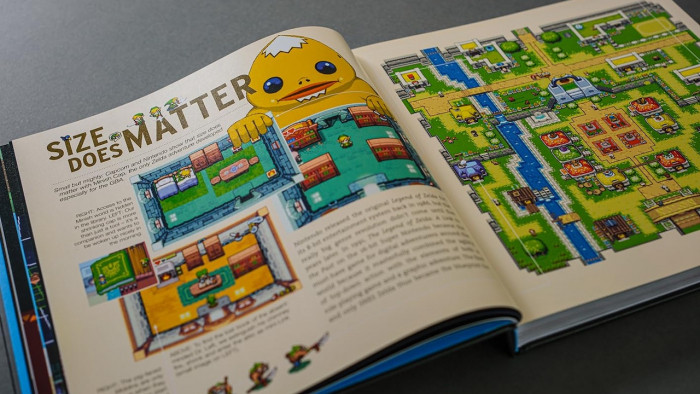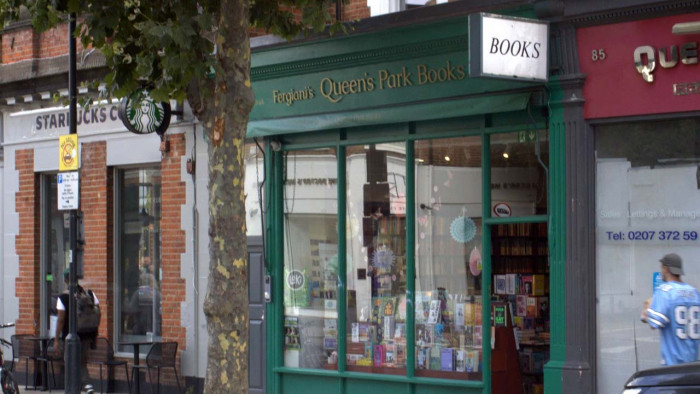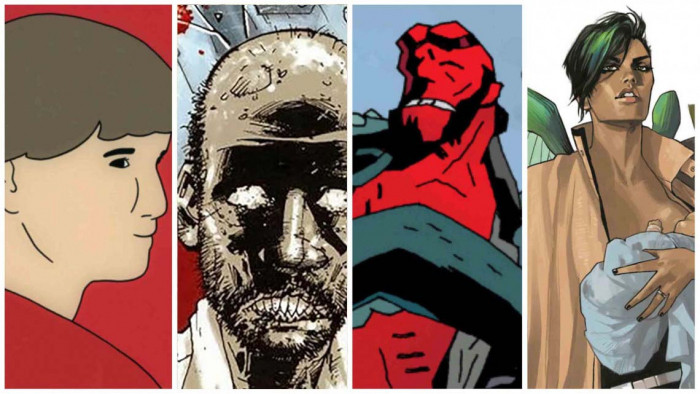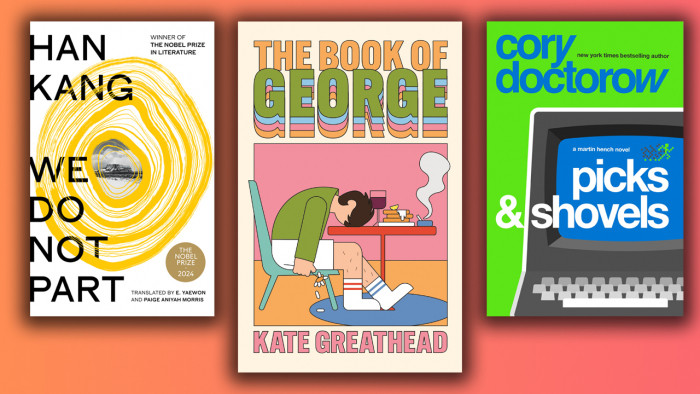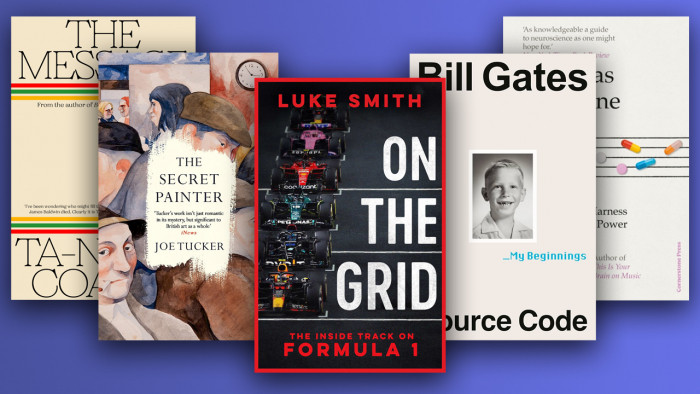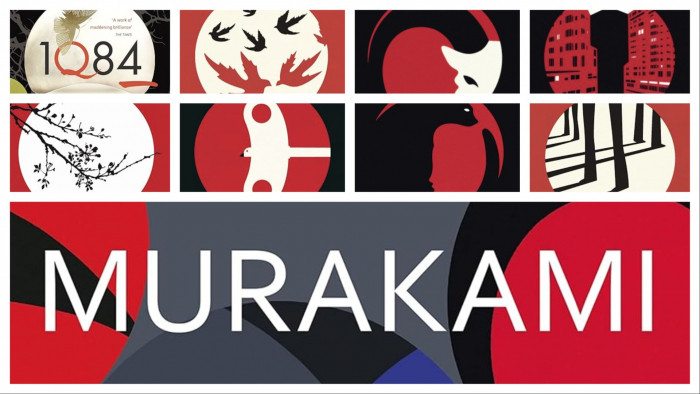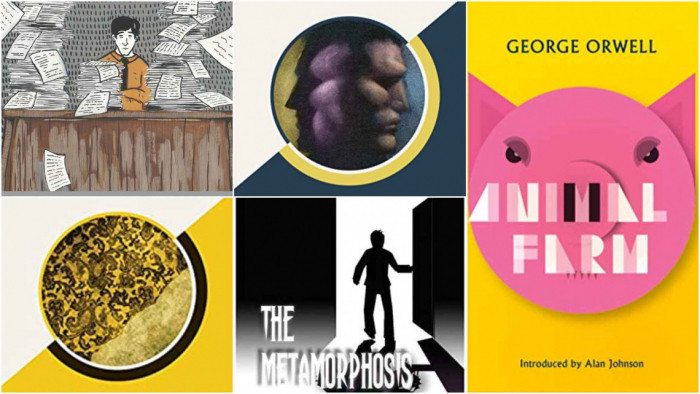You have the fancy pen, you’ve shuffled the paper, and the idea is alive in your head — but when it comes down to turning that blank page into an actual story or poem, it can feel like a daunting task.
Whether you’re setting out to write a great big novel, or simply looking to improve the way you compose notes, essays and emails, there are many courses, books and tutors who claim to be able to help you on your journey.
But few come as well qualified as Michael Rosen. The beloved author and one-time Children’s Laureate is one of Britain’s most-well known and widely-read writers — and a strong believer in anyone’s ability to write.
ShortList had the chance to sit down with the We’re Going on a Bear Hunt author as he promotes the new TCL 50 Pro NXTPAPER 5G smartphone as the brands global ambassador — a reader-friendly handset that offers distraction-free reading with the flick of a switch.
In our lengthy chat with Rosen we discussed everything from his first books to his writing process, to his opinion of modern AI tools and much more. But we couldn’t resist getting a few quick tips on how to make anyone a better writer along the way, too.
Grab that notepad — here’s Michael Rosen’s 5 top tips to supercharge your writing.

1. Read, read, read
First and foremost is reading. You must read loads and loads. Read often. Read things that surprise you, read things that you think might be boring, just to read it. Everything you read offers you the possibility that you could write something like that. So reading is full of possibilities. Sometimes we think of reading because it excites or entertains us. That's all true. But if you're thinking, I'd like to write, then look at a piece of writing as a possibility.
Be selfish about it. Just think about me, me, me, reading for possibilities. But you have to keep reading lots of different things. You know, I noticed something — how often can you read or know Hamlet? Hamlet begins in an amazing way. It begins with somebody saying to somebody else, “who's there?” What a great opening. The first thing you wonder is, “Yeah, well, go on! Who is there? Tell me!” And you think, hey, how shall I begin my story? Maybe I could begin my story or poem with a question. Questions are a great way to open. So when you read, you find those possibilities.
2. Reveal / Conceal
The Hamlet example that I just described there has got a name. It's called Reveal / Conceal. So Reveal / Conceal is a fantastic tool for writing, especially when we talk about suspense and page turners. You read a piece, and it tells you a little bit, but it makes you wonder what's going to happen next, or what's going on.
So, a simple example, “She looked at him, and she wondered what kind of a guy he was”. That's Reveal / Conceal because you, the writer, know you're going to reveal later that this guy is a baddie, let's say. But that initial moment, you're revealing that she's wondering and concealing what she wants to know. And when she wonders, the reader wonders too.
If you bed this into stories and poems, it will make people want to read. So make sure you don't say things that are too obvious too soon. Hide stuff away. Hint at it. “Ah, but it wouldn't turn out quite as well as he hoped!” Little hints like that.
3. Obstacles and jeopardy
Now in stories and poems, there’s nearly always something that happens that is achieved or attained or reached. But before that, it's a good idea to have obstacles, which herald in jeopardy. In other words, you make things hard before it gets easy.
Even if you've got a true story about the time you baked a cake and it was brilliant. Everybody loved it. Boring. To make it interesting, you've got to first not achieve the perfect cake. Maybe you made a cake first and it was awful. Maybe you tell a fib and you say, “I made this cake and it was absolutely terrible. I burnt it, and my mum said, ‘Never make a cake again’, but I thought I'd bake a cake.” So you make sure you have a disaster or an obstacle. Put the obstacles there before you have the success. There's a thing to overcome and a thing to make the reader be scared — jeopardy and peril.
4. Motives
If you've got characters, they must have motives. They must have reasons to be doing what they're doing. So you create what's called a story arc, that's to say they've got a motive, and that motive has got to go all the way through their character. Maybe the end goal of that motive will be successful, or maybe, if it's a bad person, then maybe that motive will fail. Maybe they were jealous and they wanted to steal something from somebody else, and maybe you want to say that they didn't. So when you're thinking of character, if you just let something slide and drop the character because you ran out of their motivation, or you never really solved their problems, then your reader will be unsatisfied.
5. Share your writing
Finally, I'd say Share. Share your writing with somebody, whether that somebody is your friend or your teacher or your mum or your dad or your granny, just share. Listen to what they say after they’ve read it, revise it and then share it again. Share it again, and keep sharing.


